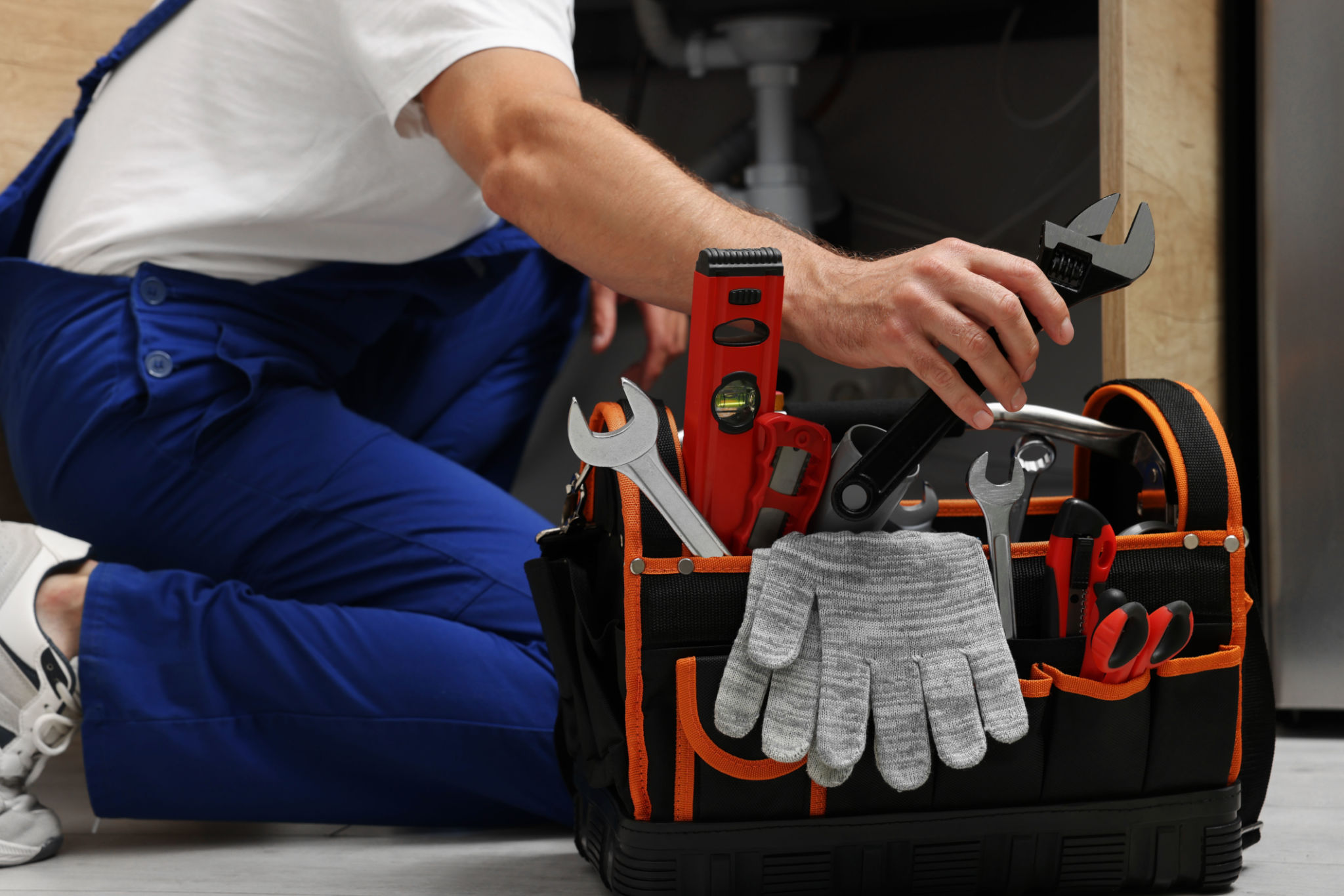How Often Should You Get Your Pipes Inspected by Professionals?
Understanding the Importance of Pipe Inspections
Regular pipe inspections are an essential part of maintaining a healthy plumbing system. Many homeowners overlook this critical maintenance task, often leading to unexpected plumbing issues that can be costly and inconvenient. In this post, we will explore how often you should get your pipes inspected by professionals and why it's crucial for both your home and wallet.
Pipes are the veins of your home, carrying water in and waste out. Ensuring they are in good condition prevents problems like leaks, blockages, and even potential water damage. Regular inspections can help catch small issues before they become significant problems.

Factors Influencing Inspection Frequency
The frequency of pipe inspections can depend on several factors. One major factor is the age of your home. Older homes often have older plumbing systems, which may require more frequent inspections due to wear and tear over the years. If your home is more than 20 years old, consider scheduling annual inspections.
Another factor is the type of pipes used in your plumbing system. For example, homes with lead or galvanized steel pipes may need more frequent inspections due to their tendency to corrode over time. On the other hand, newer PVC pipes may not require as frequent checks.
Recommended Inspection Schedule
So, how often should you get your pipes inspected? As a general rule of thumb, it's advisable to have a professional plumber inspect your pipes at least once every two years. This helps in identifying any potential problems early and ensuring that everything is functioning properly.

However, if your home is older or if you've experienced issues in the past, you may want to consider annual inspections. By regularly checking in on your plumbing system, you can prevent small issues from escalating into costly repairs.
Signs You Need an Immediate Inspection
While regular inspections are essential, there are certain signs that indicate you may need an immediate inspection. These include:
- Unusual noises coming from your pipes
- Visible corrosion or rust on exposed pipes
- Slow drainage in sinks or tubs
- Water discoloration or a sudden drop in water pressure
Benefits of Regular Pipe Inspections
Investing in regular pipe inspections can save you money in the long run. By detecting leaks and other issues early, you can avoid water damage, which can be costly to repair. Moreover, maintaining a well-functioning plumbing system can increase the longevity of your pipes and improve water efficiency in your home.

Furthermore, regular inspections contribute to a healthier living environment by ensuring that contaminants are not entering your water supply. This is especially important if you rely on well water or have a history of plumbing issues.
Conclusion: Stay Proactive with Your Plumbing
In conclusion, regular pipe inspections are a proactive way to maintain your home's plumbing system. By understanding the factors that influence inspection frequency and recognizing signs of potential issues, you can keep your plumbing in top shape and avoid unexpected expenses. Make it a habit to schedule professional inspections every one to two years, depending on your specific circumstances, and enjoy peace of mind knowing your home is protected.
